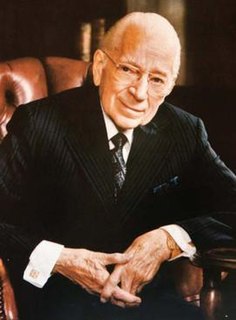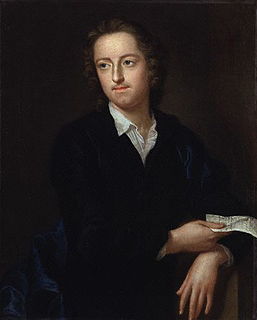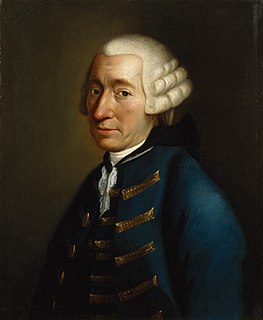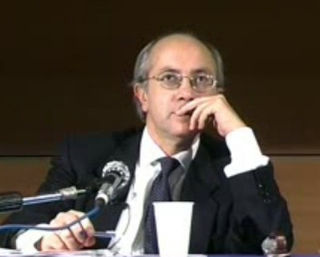A Quote by Edward Gibbon
The union of the Roman empire was dissolved; its genius was humbled in the dust; and armies of unknown barbarians, issuing from the frozen regions of the North, had established their victorious reign over the fairest provinces of Europe and Africa.
Related Quotes
Discussing the attempts of Augustus' generals to add to the extent of the Roman Empire early in his reign:
The northern countries of Europe scarcely deserved the expense and labour of conquest. The forests and morasses of Germany were filled with a hardy race of barbarians, who despised life when it was separated from freedom; and though, on the first attack, they seemed to yield to the weight of the Roman power, they soon, by a signal act of despair, regained their independence, and reminded Augustus of the vicissitude of fortune.
In the second century of the Christian era, the Empire of Rome comprehended the fairest part of the earth, and the most civilised portion of mankind. The frontiers of that extensive monarchy were guarded by ancient renown and disciplined valour. The gentle but powerful influence of laws and manners had gradually cemented the union of the provinces. Their peaceful inhabitants enjoyed and abused the advantages of wealth and luxury.
But in almost every province of the Roman world, an army of fanatics, without authority and without discipline, invaded the peaceful inhabitants; and the ruin of the fairest structures of antiquity still displays the ravages of those barbarians who alone had time and inclination to execute such laborious destruction.
Whatever your vocation is, you are destined to reign in life because Jesus is Lord of your life. When you reign in life, you reign over sin, you reign over the powers of darkness, and you reign over depression, over poverty, over every curse, and over every sickness and disease. You REIGN over the devil and all his devices!
The fact is that philosophy has been a decisive source of inspiration in all the great crises that Europe has faced. It has been so in the time that preceded the fall of the Roman Empire, when Augustine of Hippo delineated the features of a new spiritual civilization; in the age of religious wars, when Descartes and Hobbes established the principles of modern science and politics; and at the turn of the French Revolution, interpreted by Kant and Hegel as an event destined to change the history of the world.



































